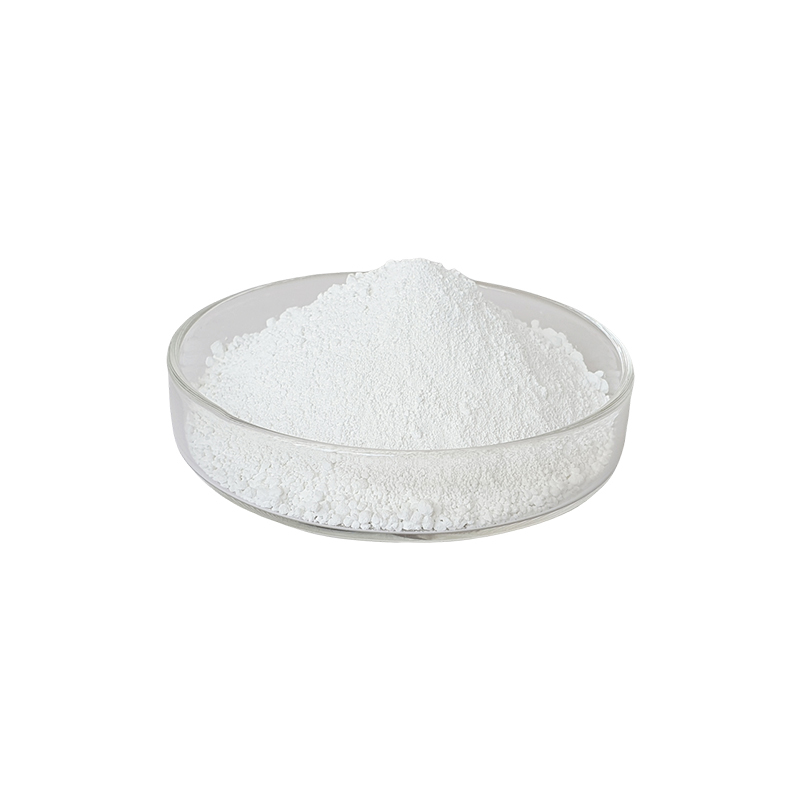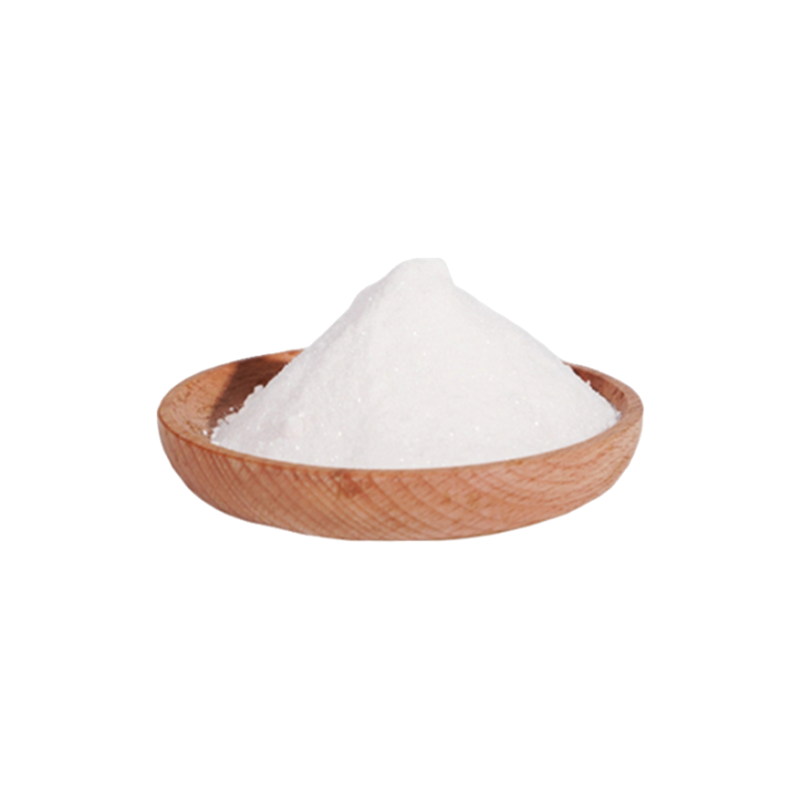Sorry, no matches were found for 'vehicles' Please try another keyword.
Request For Quotations
Q
can an oil change cause a check engine light
I'm a seasoned industrial engineer with a keen interest in machine learning. Here to share insights on latest industry trends.
I'm a seasoned industrial engineer with a keen interest in machine learning. Here to share insights on latest industry trends.
You May Like
Material Safety Data Sheets (MSDS) for a 209938 wetting agent provide critical information about the chemical properties, health and safety hazards, safe handling practices, and emergency response procedures. Wetting agents, also known as surfactants, reduce the surface tension of liquids, helping them spread more easily on solid surfaces. An MSDS for a specific wetting agent like "209938" would include its chemical composition, potential risks of exposure, protective measures when handling, and first-aid instructions in case of accidental contact or ingestion. It's crucial for users and handlers to review the MSDS to ensure proper safety measures are in place, understand the product's compatibility with other chemicals, and to prepare for potential emergencies. Always use personal protective equipment as recommended and follow disposal guidelines to mitigate environmental impact.
PVC ECG, or Premature Ventricular Contraction on Electrocardiogram, refers to an early heartbeat initiated by the ventricles rather than the sinus node, appearing as an abnormality on an ECG (Electrocardiogram). Typically, the heart's electrical activity is initiated at the sinus node, traveling through conductive pathways to coordinate a synchronized heartbeat. However, in PVCs, the ventricles contract prematurely, causing an irregular heartbeat. On an ECG, PVCs are characterized by a widened and deformed QRS complex, usually preceded by a pause and followed by a compensatory pause. PVCs can occur occasionally without significant health issues but may also indicate underlying cardiac conditions if frequent. If you experience symptoms like palpitations or chest discomfort, consulting a healthcare provider for evaluation is advisable.
Polyethylene, a common plastic material used in a wide array of products, is pronounced as pol-ee-ETH-uh-leen. The word is divided into four syllables: pol-ee-ETH-uh-leen, with the emphasis placed on the third syllable, "ETH." The pronunciation is fairly straightforward once you break it down into its component syllables, making it easier to understand and say correctly. Polyethylene is derived from the Greek words "poly" meaning many and "ethylene," which is the name of the gas used in the polymerization process. This context helps not just with pronunciation but also enhances understanding of the material's composition and origin.
Recommended Suppliers
You May Like
-
 High grade new design 100% compostable biodegradable tablewares sugarcane pulp lunch box
High grade new design 100% compostable biodegradable tablewares sugarcane pulp lunch box -
 Nano Active Calcium Carbonate GT-301
Nano Active Calcium Carbonate GT-301 -
 Calaium Carbonate
Calaium Carbonate -
 Zhongtai Brand PVC RESIN SG-5
Zhongtai Brand PVC RESIN SG-5 -
 Ultrafine Heavy Active Calcium Carbonate 600 Mesh
Ultrafine Heavy Active Calcium Carbonate 600 Mesh -
 Factory Price 1500ml Biodegradable Cornstarch Food Box /Disposable Corn Starch Food Container
Factory Price 1500ml Biodegradable Cornstarch Food Box /Disposable Corn Starch Food Container -
 RY-NL-339
RY-NL-339
Q&A
- •what is the reaction that synthesize polymers
- •is guanidine an amino acid
- •how to print on leather inkjet
- •life cycle of polypropylene
- •how electoral college votes are dispersed
Popular Information
- •Analysis of the talcum powder particle size test process and influencing factors
- •Caustic Soda Inventory Reduced and Prices Increased Sharply
- •The Demand Was Expected to Be Good, and the Domestic PE Market Was Rising
- •Xi’an Dexin Chemical Co., Ltd., pearl caustic soda manufacturer and supplier
- •Nuberg Engineering wins Rs 1,000 crore contract from UAE’s Al Ghaith Industries










